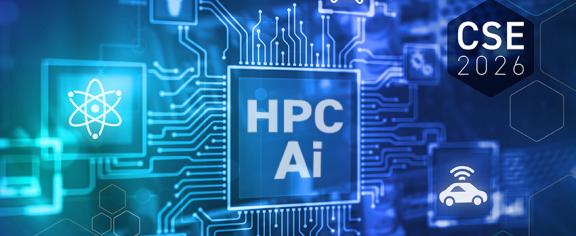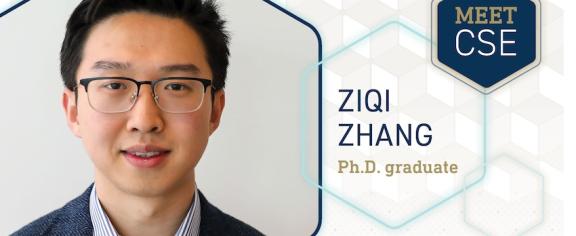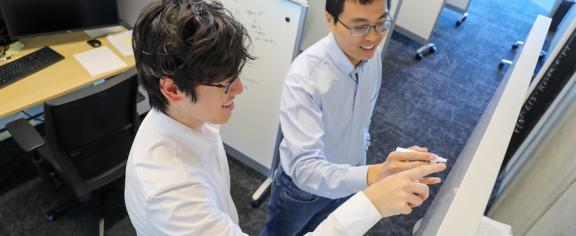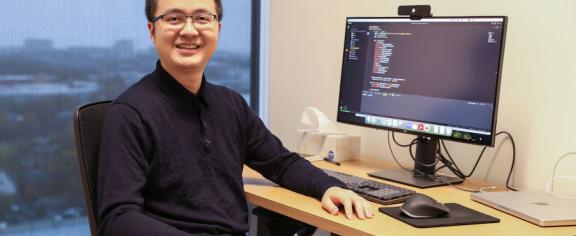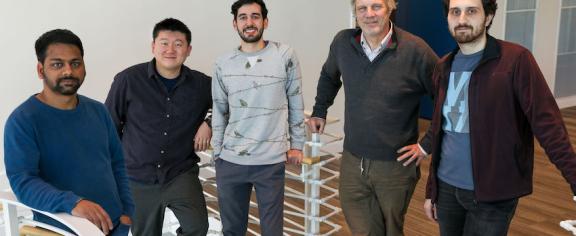2026-01-29
Georgia Tech researchers say HPC and artificial intelligence (AI) advances this year are poised to improve how people power their homes, design safer buildings, and travel through cities.
2025-12-10
Yunan Luo is the recipient of an NSF Faculty Early Career Development (CAREER) award to use artificial intelligence to solve the protein annotation inequality problem.
2025-12-11
Ph.D. graduate Ziqi Zhang will join the Class of 2025 in walking across the stage, receiving diplomas, and graduating from Georgia Tech.
2025-10-06
Assistant Professor Raphaël Pestourie has earned back-to-back selections to the Institute’s Course Instructor Opinion Survey (CIOS) honor roll, placing him among the top-ranked teachers for Fall 2024 and Spring 2025.
2025-03-14
Ph.D. student Phillip Si and Assistant Professor Peng Chen developed Latent-EnSF, a technique that improves how ML models assimilate data to make predictions.
2023-11-29
The National Institute of Health (NIH) has awarded Yunan Luo a grant for more than $1.8 million to use artificial intelligence (AI) to advance protein research.
2023-12-20
The feasibility study by Georgia Tech researchers explores using conditional normalizing flows (CNFs) to convert seismic data points into usable information and observable images. This potential ability could make monitoring underground storage sites more
2024-01-29
The Georgia Tech Integrated Cancer Research Center has combined machine learning with information on blood metabolites to develop a new early diagnostic test that detects ovarian cancer with 93 percent accuracy.
2023-11-08
Georgia Tech researcher plans to probe subcellular and cellular organization, counting molecular neighborhoods and building to better understand the spatial organization of cells.
2019-01-15
Georgia Tech researchers say ethics and transparency are likely top 2019 trends in the burgeoning field of AI.
